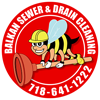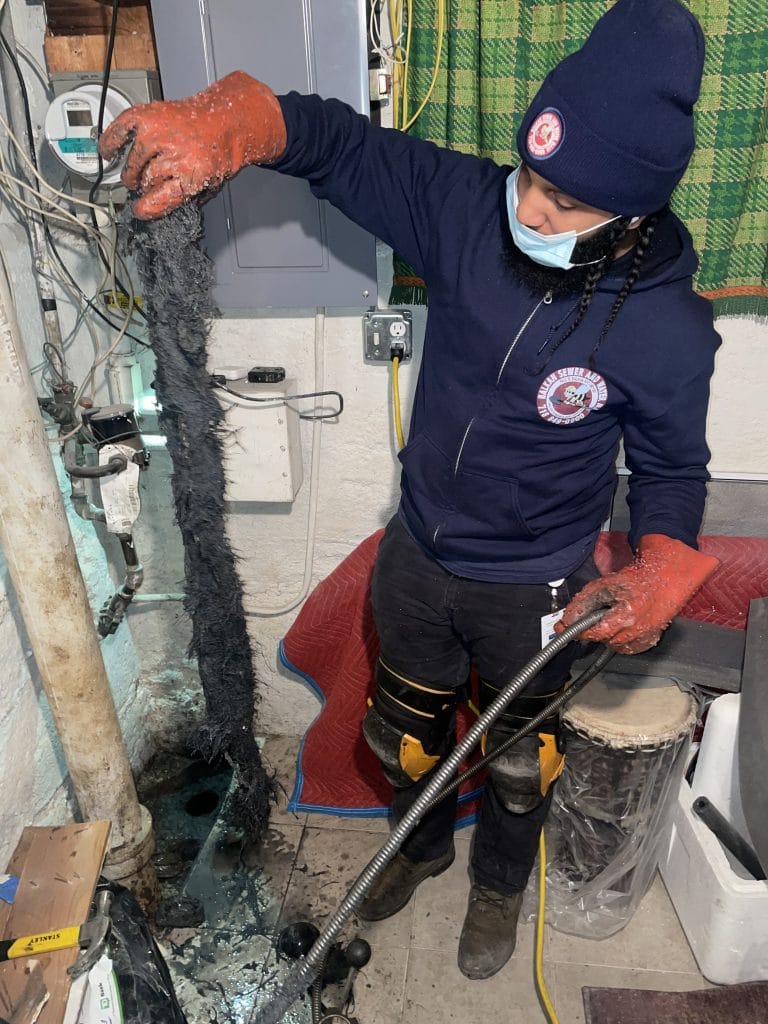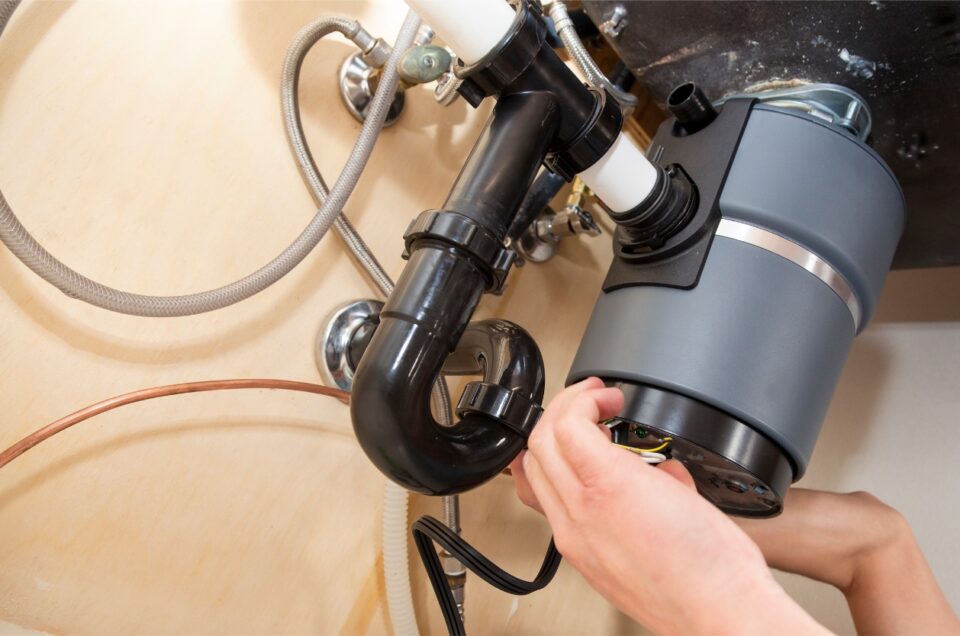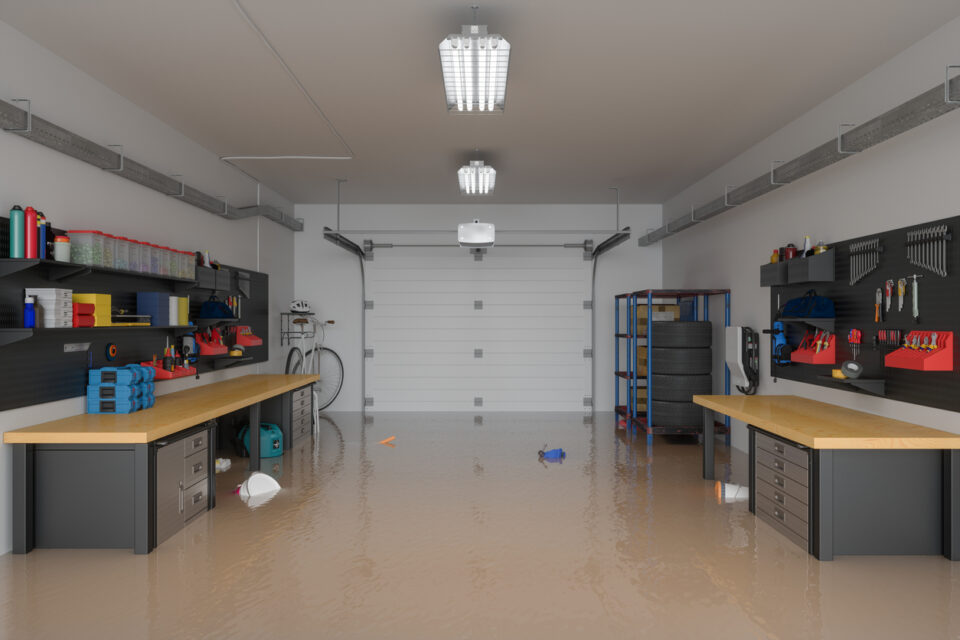Basement flooding can be a devastating event if you are a homeowner. For many people, a basement is more than just a storage room where you can store old valuables or unused items. If you are among the people that live in a densely populated area, you probably also use your basement as a living space. This “underground room” of your home has probably been transformed. Maybe you use it as an entertainment room, or possibly a small DIY workshop in your home. Regardless of how you use your basement, it is still located below ground level. This means that water damage from basement flooding is more likely than any other portion of your house.
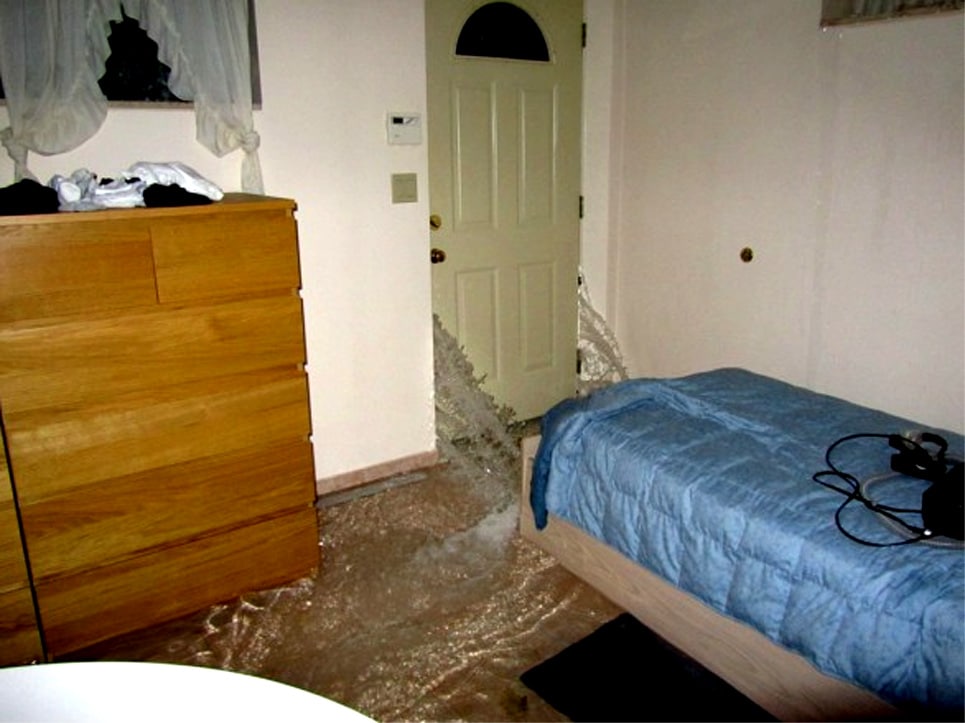
Basement flooding is a more common risk in rainy areas, during the wet season. But where there is a high water table, or poor drainage, also pose threats of flooding. Your basement can also get flooded in other areas as well. More frequent extreme and unpredictable weather conditions are the new norm. The main causes of basement flooding and their solutions are as follows.
A Flash Rainstorm Can Cause Basement Flooding
Main drain lines from both residential and commercial buildings are connected to public sewer facility. In normal condition, wastewater treatment system can handle huge loads of water and recycle them back into the nature as fresh clean supply. In the event of flash rainstorm, even a big public sewer facility can overload, causing a condition called surcharged. Large volume of water enters the facility in rapid rate; when the system cannot cope with the volume, water flows back through main drain line into buildings to which the facility is connected.
Since main drain line usually is located directly under the basement, flooding is a real risk. Wastewater can enter the basement from multiple access points such as floor drain, sink, bathtub, and basically all the lowest fixtures.
-
A solution To Keep Rainwater Out Of Your Basement
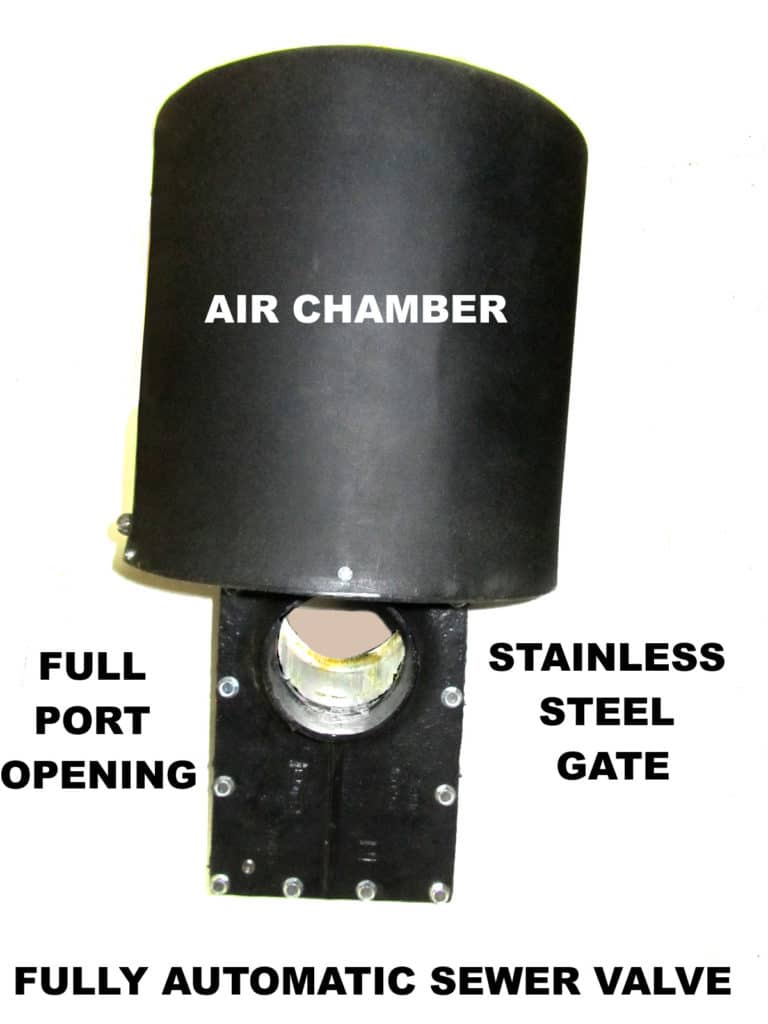
In the event of flash rainstorm, water backup does not necessarily mean you have a defective plumbing installation. Even when you have fully functioning drain line, it still can happen due to the excess water from the public sewer facility. One of the easiest ways to prevent basement flooding is to install sewer check valve. It is a piece of device that sits between main drain line and public sewer. Also known as backwater valve, all wastewater (from both your house and public sewer) must flow through its chamber.
The good thing is that backwater valve only allows one-direction: into the public sewer facility. It has a hinged flapper which automatically closes when water backup occurs. There is no electricity or any sophisticated mechanisms required; the hinged flapper is designed to close the pipe because of the force generated from water backup. Read this informative article to learn more about sewer check valves.
Another version of backwater valve is an automatic flood gate. Both devices have the same purpose, but the latter is more reliable thanks to more rigid construction. When backflow occurs, water fills an air-filled chamber inside the flood gate. As water fills the chamber, it also lifts up a metal plate that acts like a door to close the drain line. Either backwater valve or flood gate must be installed by professional plumber to prevent malfunctions. You can learn more about an automatic flood gate valve by reading this sewer valve article.
A Damaged Plumbing Installation or Poor Maintenance
Basement flooding can happen to you in the middle of a bright sunny day. While a flash rainstorm is the most common cause, damaged plumbing or poor maintenance of your plumbing system can pose the same risk of flooding. It does not matter if your main drain line is made of extra heavy cast iron, it is still subject to deterioration. Of course it takes decades for your drain lines to develop issues such as cracks or dips, but they can indeed happen over time.
If your drain lines do have cracks or holes, water from the surface can enter your basement. This can happen without the need of a rainstorm. Deformation of main drain line is a normal aging process. In case you have just moved in to an older house, it is best to check the plumbing installation before you put a lot of things in the basement. A HD sewer video inspection can provide you with a cost effective diagnosis.
If the basement is equipped with a sump pump, it means your drainage system needs assistance to get rid of wastewater from the tank or pit. Regular maintenance is necessary to make sure the pump is in working order to prevent basement flooding. If you do something as simple as clean out area drain covers and sumps, you can save yourself from flooding damage.
-
Routine Maintenance Can Save you From Basement Flooding
As mentioned earlier, regular maintenance is the best way to prevent any plumbing problem. This includes, but not limited to basement flooding. All water fixtures in the house must be fully functional without clogging for the wastewater to flow freely into public sewer system. In some cases periodic cleaning using a hydro-jet by a professional plumber is more effective than anything else.

Some homeowners have leak detectors connected to an electronic main shut-off valve. The device features sensors to recognize leaking, excessive water usage, as well as basement flooding. This is a fairly expensive valve, but can be ideal for absentee owners. Similar to most electric appliances, this sensor is subject to wear and tear. It may even fail due to a simple wiring issue. Have the device checked by the installers on regular basis, unless you are familiar with how to test it yourself.
Clogged Drains: inside and outside your house
Your plumbing installation is designed to handle one thing: water. There may be additional solid objects such as food residue or hygienic products that enter your pipe every now and then. But you have to know the limit. Even a small partial blockage in a drain pipe restricting the flow of water increases the risk of basement flooding.
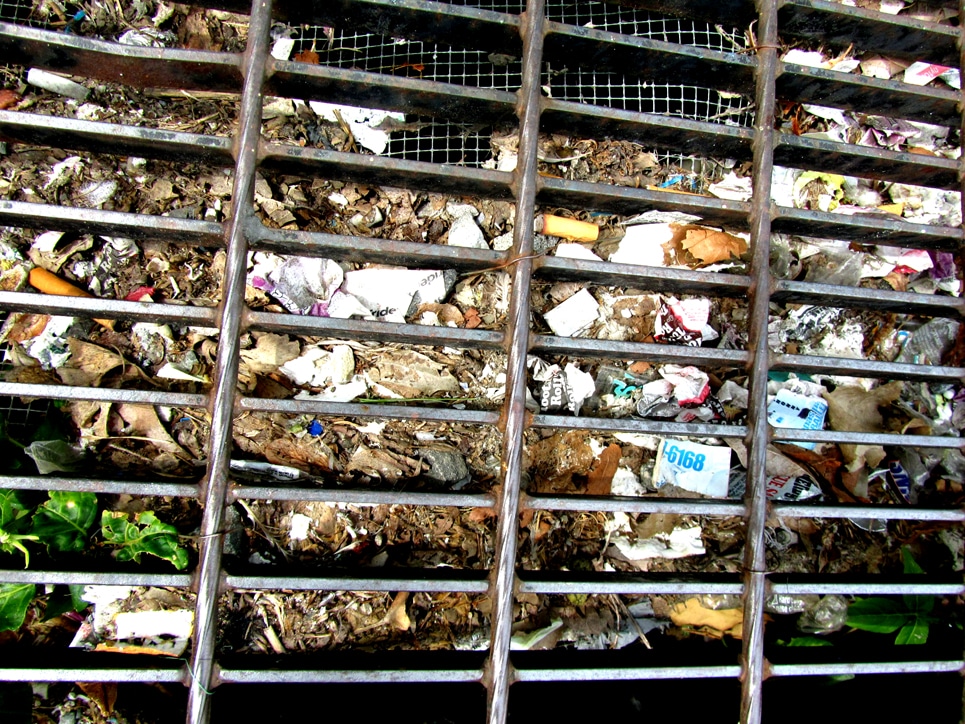
Clogged area or floor drains are not uncommon; in fact they are preventable with some easy maintenance. Remember that this pipe can stretch from inside of your house, to the outside of your properties. While clogging can happen anywhere, it typically occurs from a full drain sump, or a blocked rain cover. Solid objects such as toys, cigarette butts, and hygiene products can be the culprits. Accumulation of oil and rust can clog the drain line as well. However, the most common cause of an area drain issue are leaves and organic material from the Fall season. Keeping that in mind, the Fall is the ideal time to annually clean out your floor and area drains.
-
Some Solution Many Homeowners Can DIY
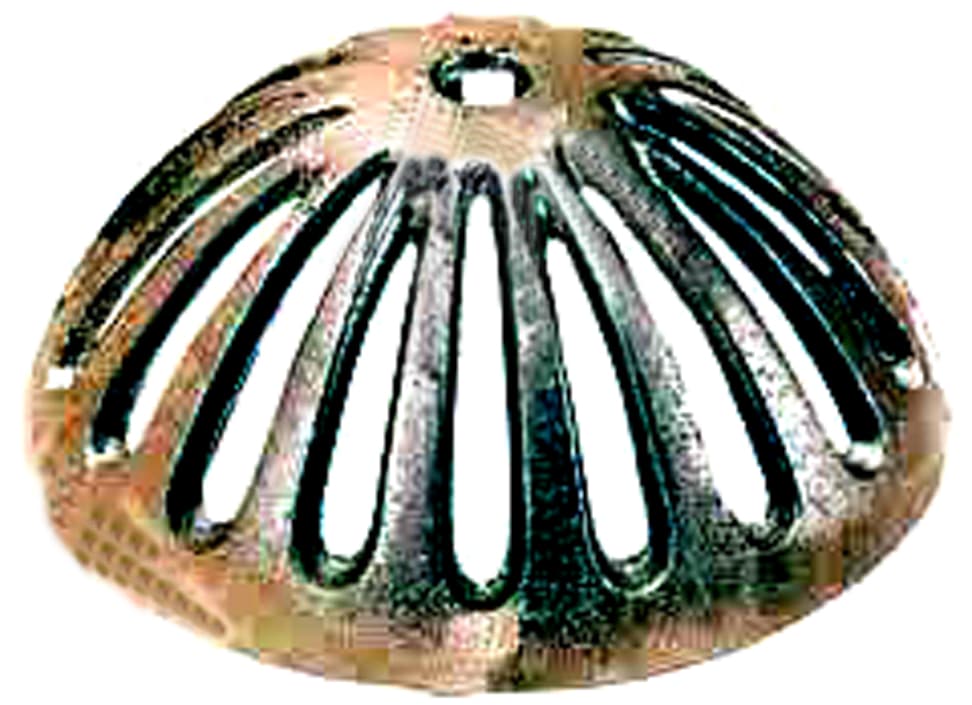
Your drain system needs regular cleaning to get rid of potential clogging. A professional plumber can check the installation in its entirety to make sure everything works as intended. This can ensure there is no immediate risk of damage. You should clean all drain sumps in your property (during the Spring rainy season, you may have to clean them more often).
A lot of greenery, such as big trees, in the front yard can cause tree root penetration. Roots can find even the tiniest holes on your drain line, and make their way inside to find a steady supply of water. Some people opt for chemical treatments specifically designed to alleviate this problem. Root-X is a well known brand you can use to kill roots inside your sewer lines. Drains in the front yard also require strainers to stop leaves and small branches from entering your sewer pipe.
Prevention is the key
Without a backwater valve, flood gate valve, or any shut off mechanism, basement flooding can reoccur following every sudden and heavy rainstorm. Under such circumstance, there is nothing you can do except from waiting the water to subside. Costs associated with restoration, and loss of valuables, due to basement flooding can reach hundreds, if not thousands of dollars. In most cases the installation cost of a sewer backflow preventer device costs only a fraction of the potential loss. Though sewer valves require routine maintenance, it take literally minutes.
About The Balkan Family Of Plumbing Companies
Based in Queens, NYC, the Balkan family of companies are dedicated being your one-stop-shop for any drain issue, including basement flooding. Balkan Sewer And Water Main Service is a professional and licensed subsurface plumbing firm. If you need water line or sewer lines repairs or a replacement, think of Balkan 1st. Balkan has been in continuous operation for more than 65 years. The Balkan Team is comprised of experienced and knowledgeable technicians. The Balkan Team knows and understands about a wide variety of valves, plumbing installations, and maintenance. If it involves a water service line, sewer line, or drain issue, Balkan is your NYC expert.
